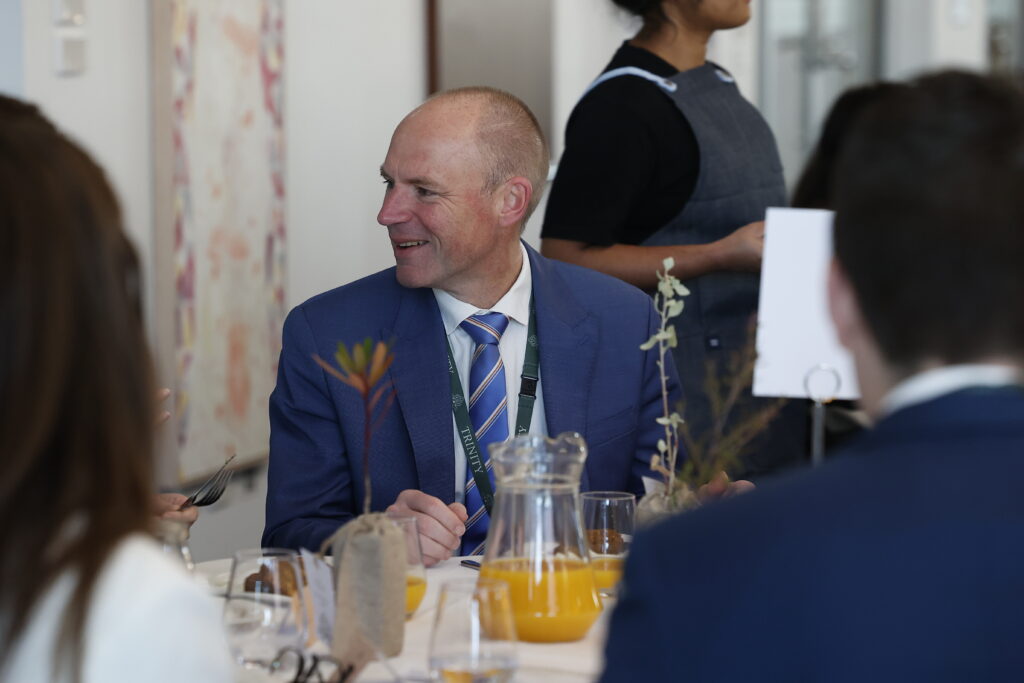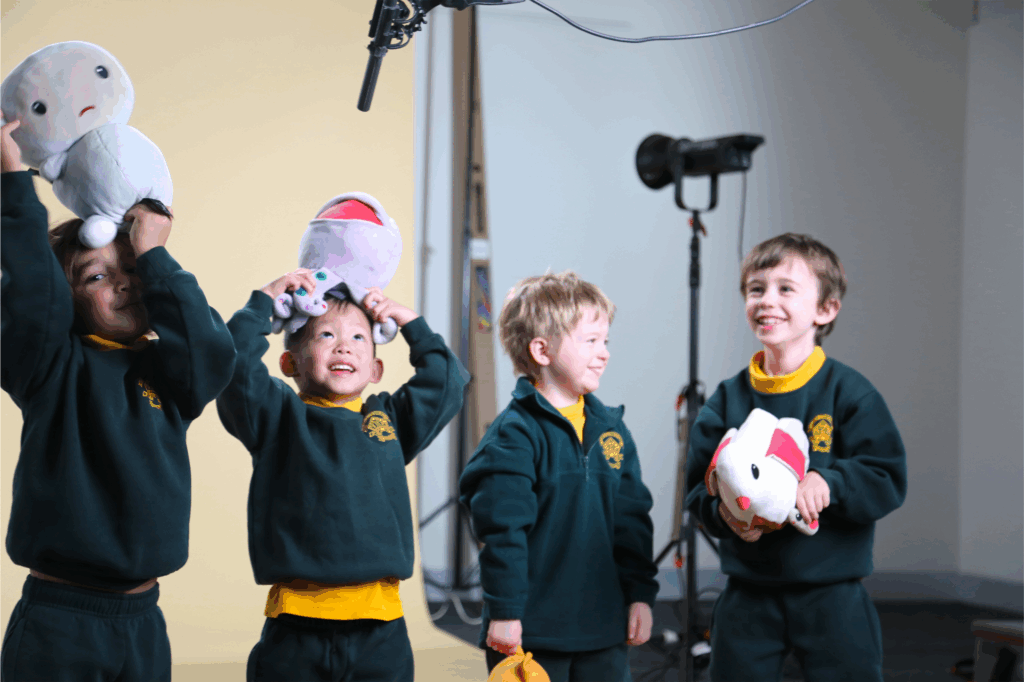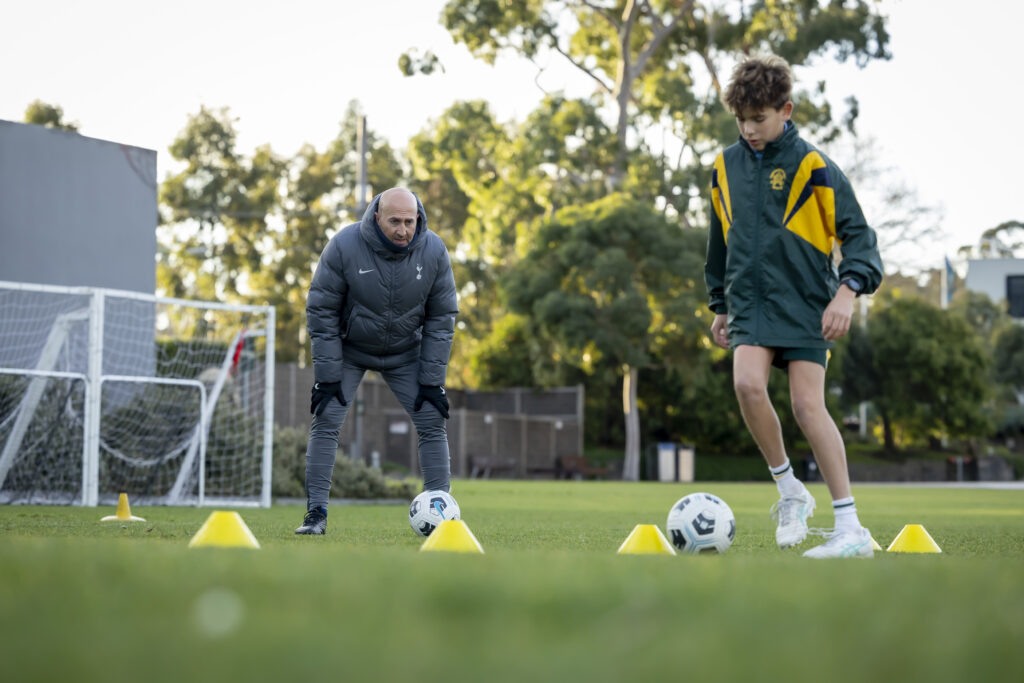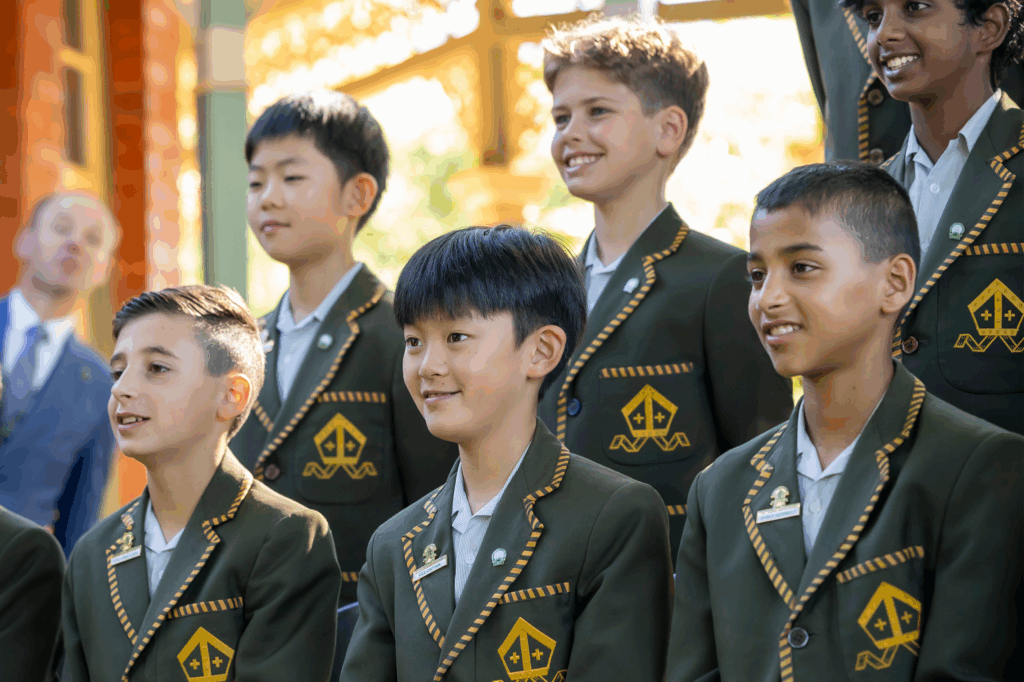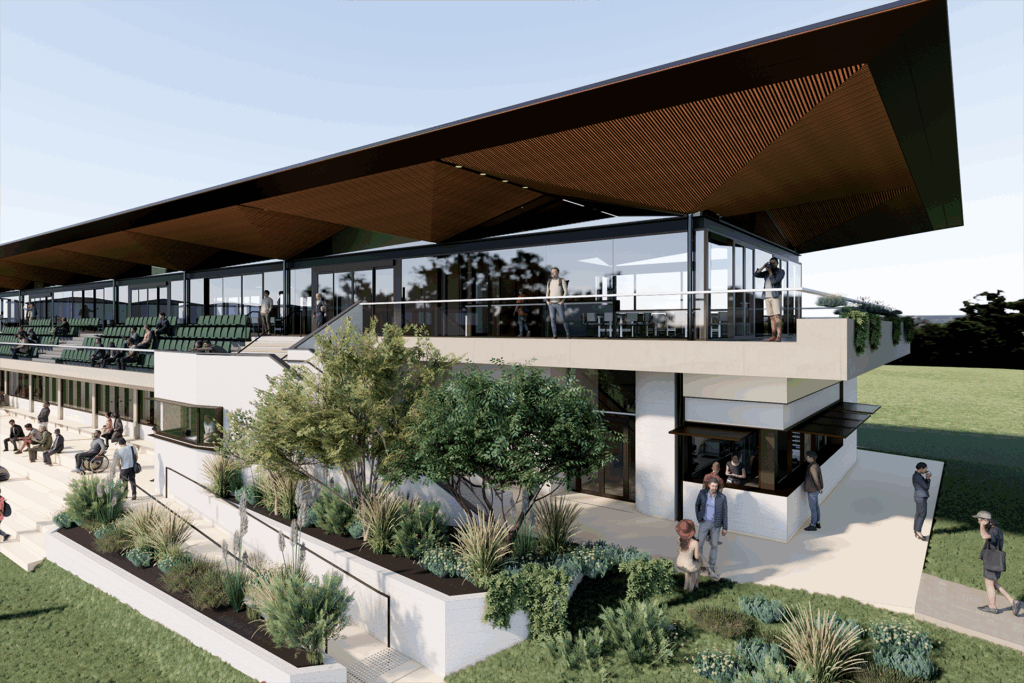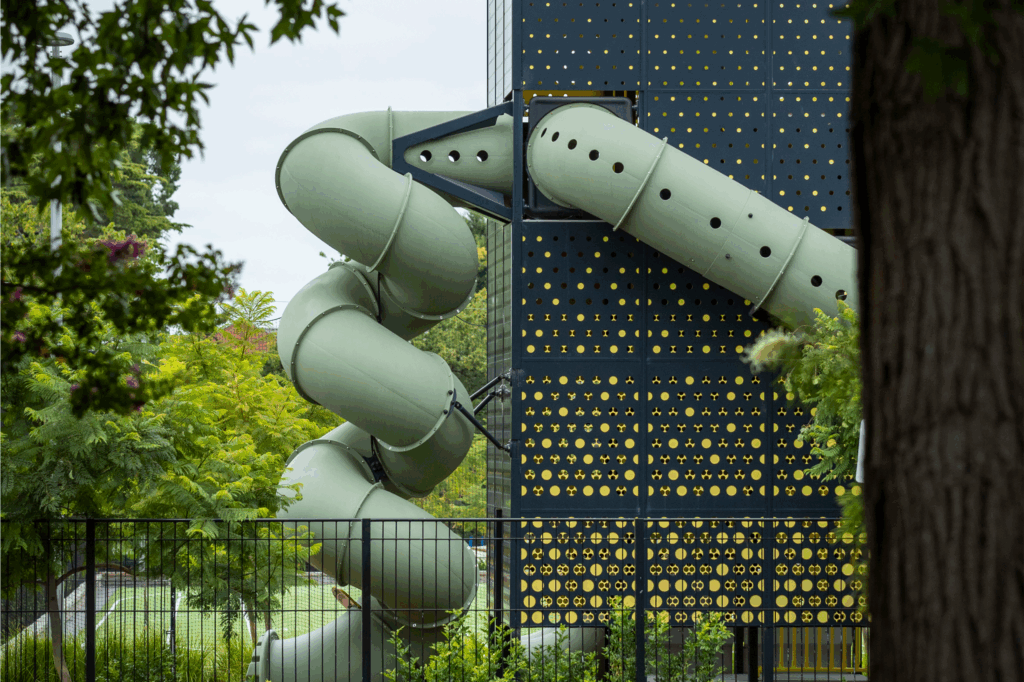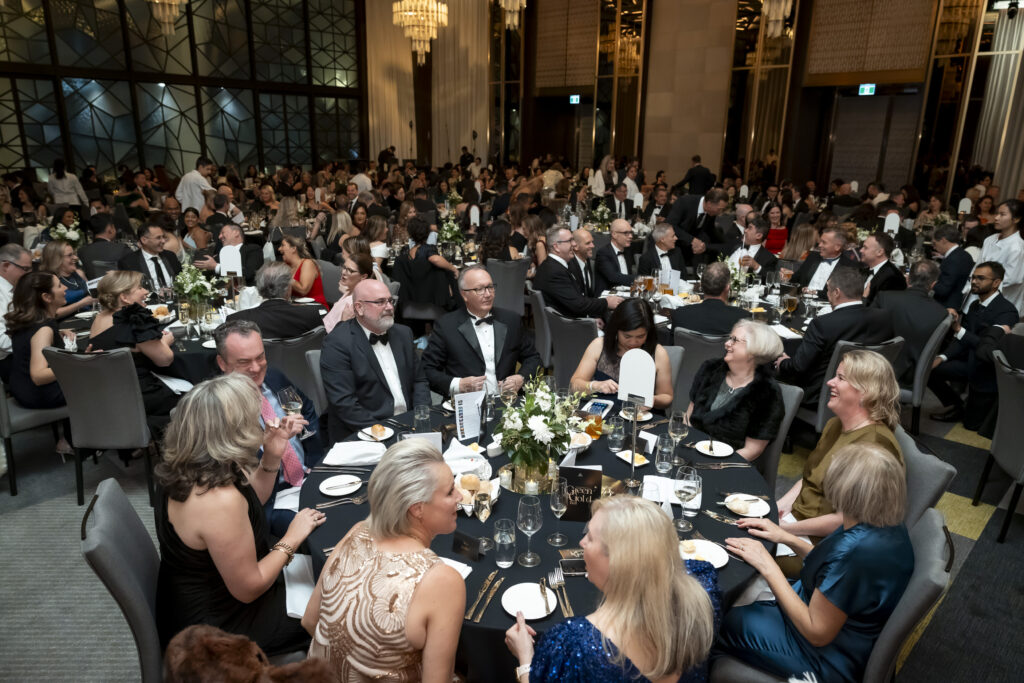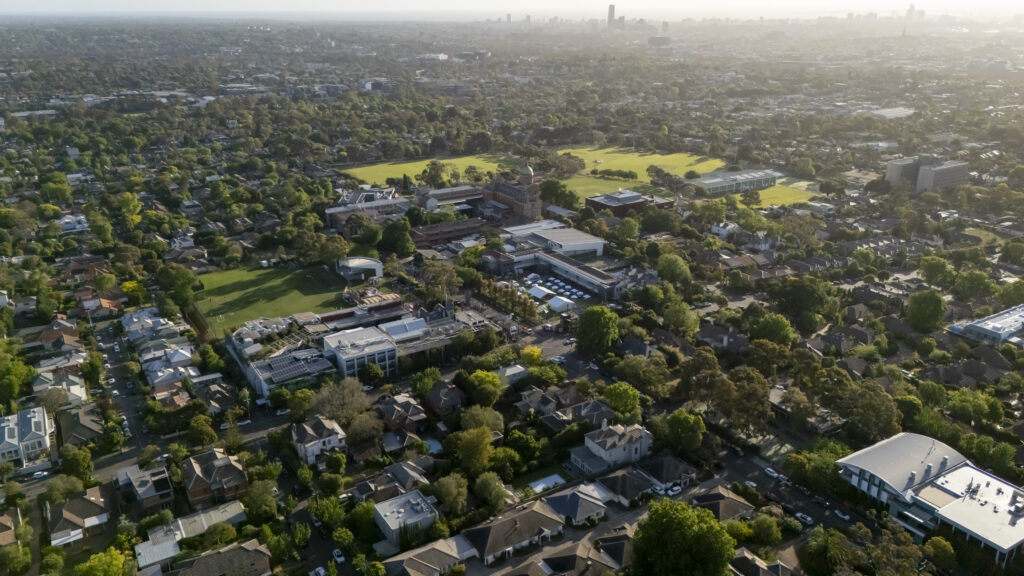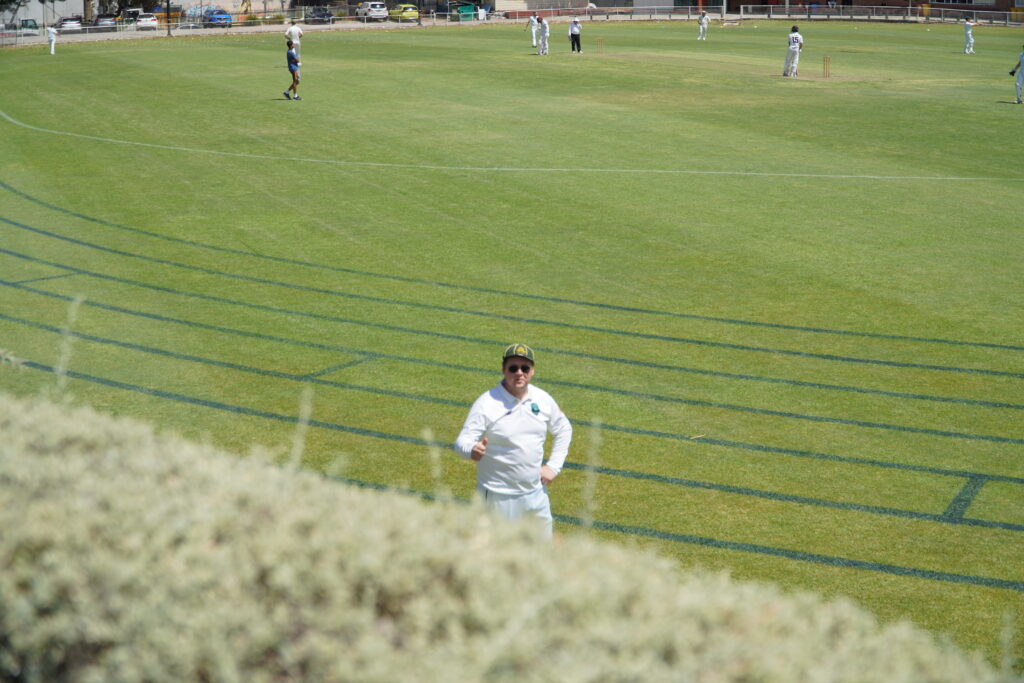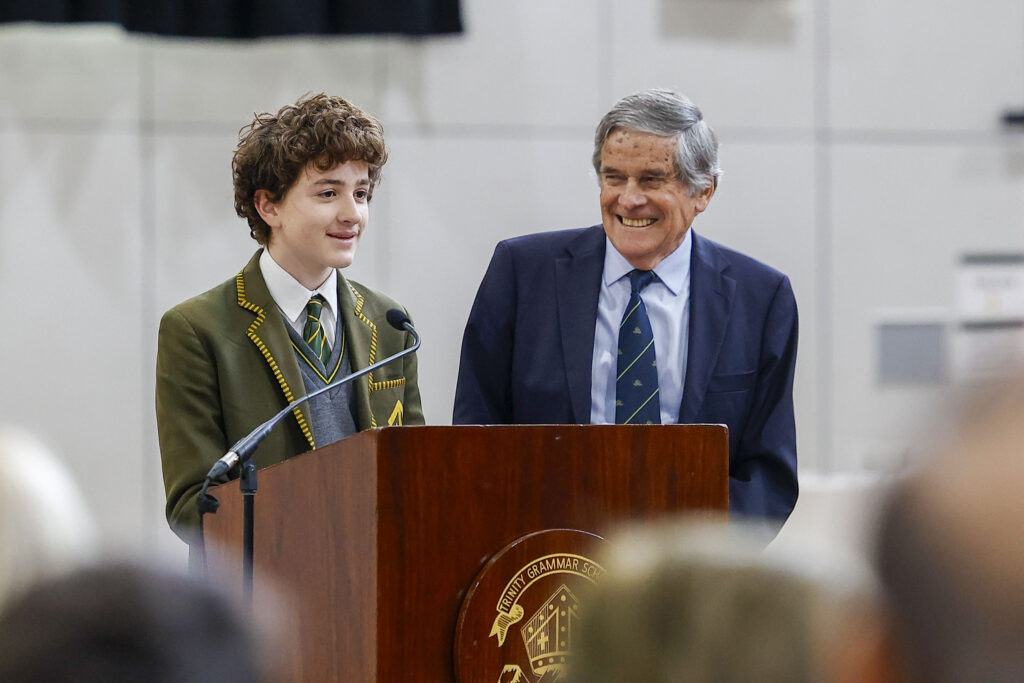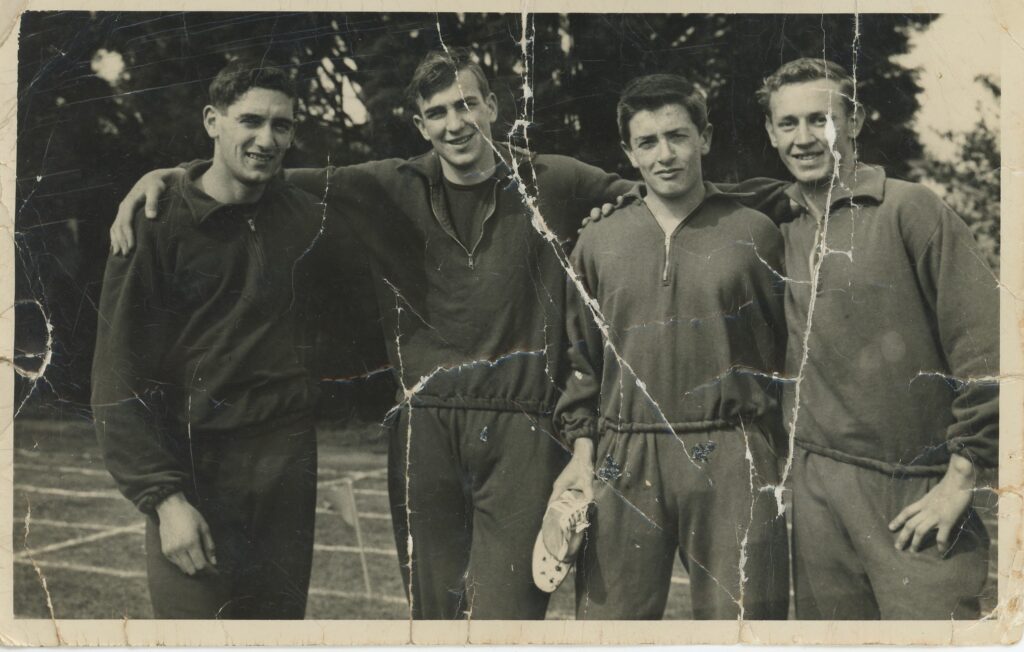- Winter 2025
- |
- Junior School Leadership
Personal passions inspire meaningful contributions for Year 6 leaders
Nicole Glassenbury and Jacinta Kennedy, Year 6 classroom teachers
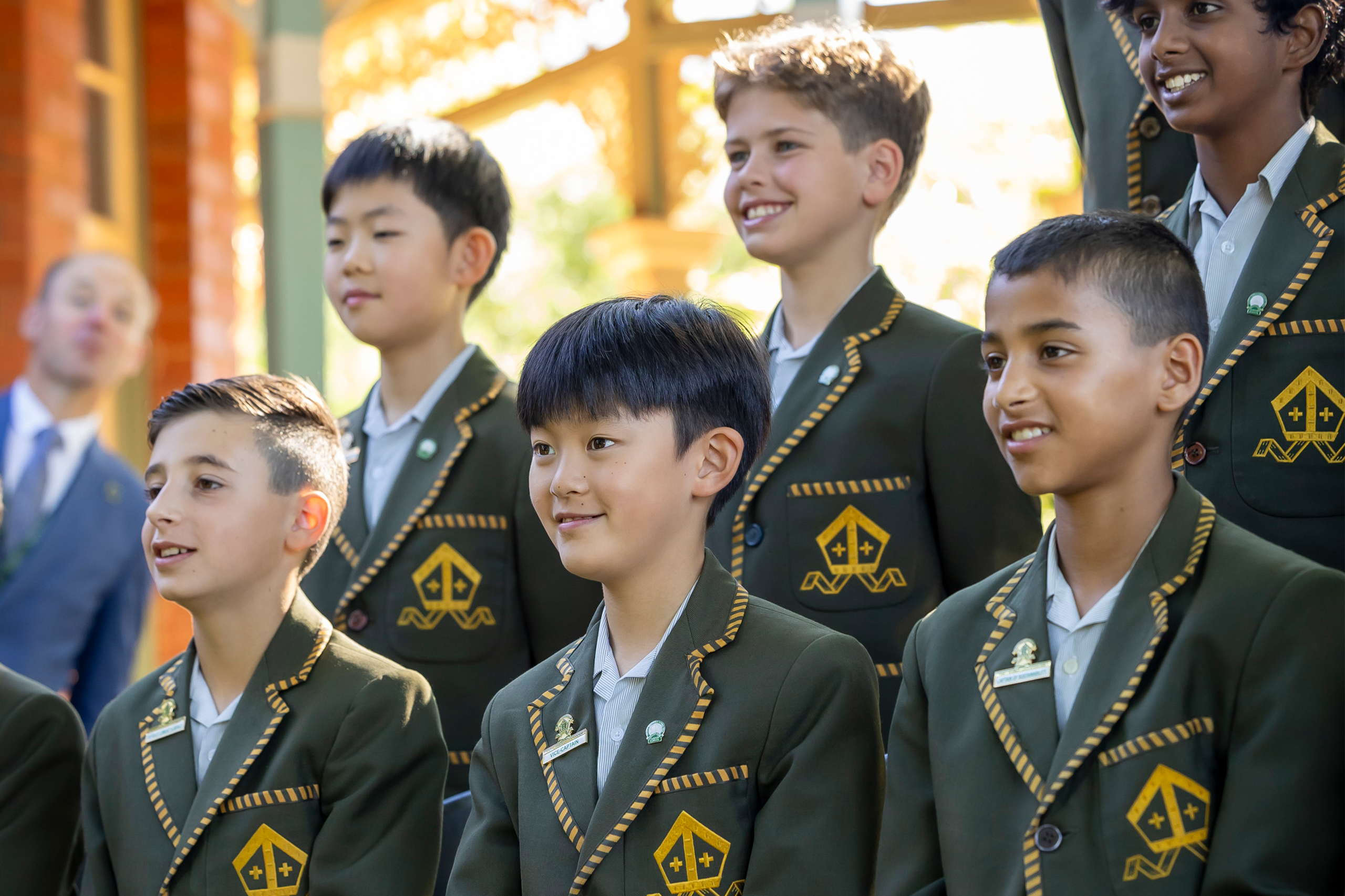
Leadership is not just about taking charge; it’s about serving others, building community, and making school a better place for everyone.
The Ambassador program, which is part of the Year 6s’ inquiry into Who We Are, sees students explore what effective leadership looks like and how their personal passions can inspire meaningful contributions.
After joining their chosen Ambassador group (Community Service, Sustainability, Arts, Music, Drama, House Sport or House Academics), students brainstorm initiatives that align with their interests and benefit the school. Some ideas are inspired by teacher suggestions, while others are entirely student driven, reflecting their creativity and commitment to making a difference.
Examples of student-led initiatives have included:
• Organising a Year 3 dodgeball tournament to promote fair play
• Presenting a lesson on growing pea plants with Year 1 students
• Creating props for drama performances
• Reading to Prep and Year 1 students
• Hosting a Mini House Athletics Afternoon for Year 2
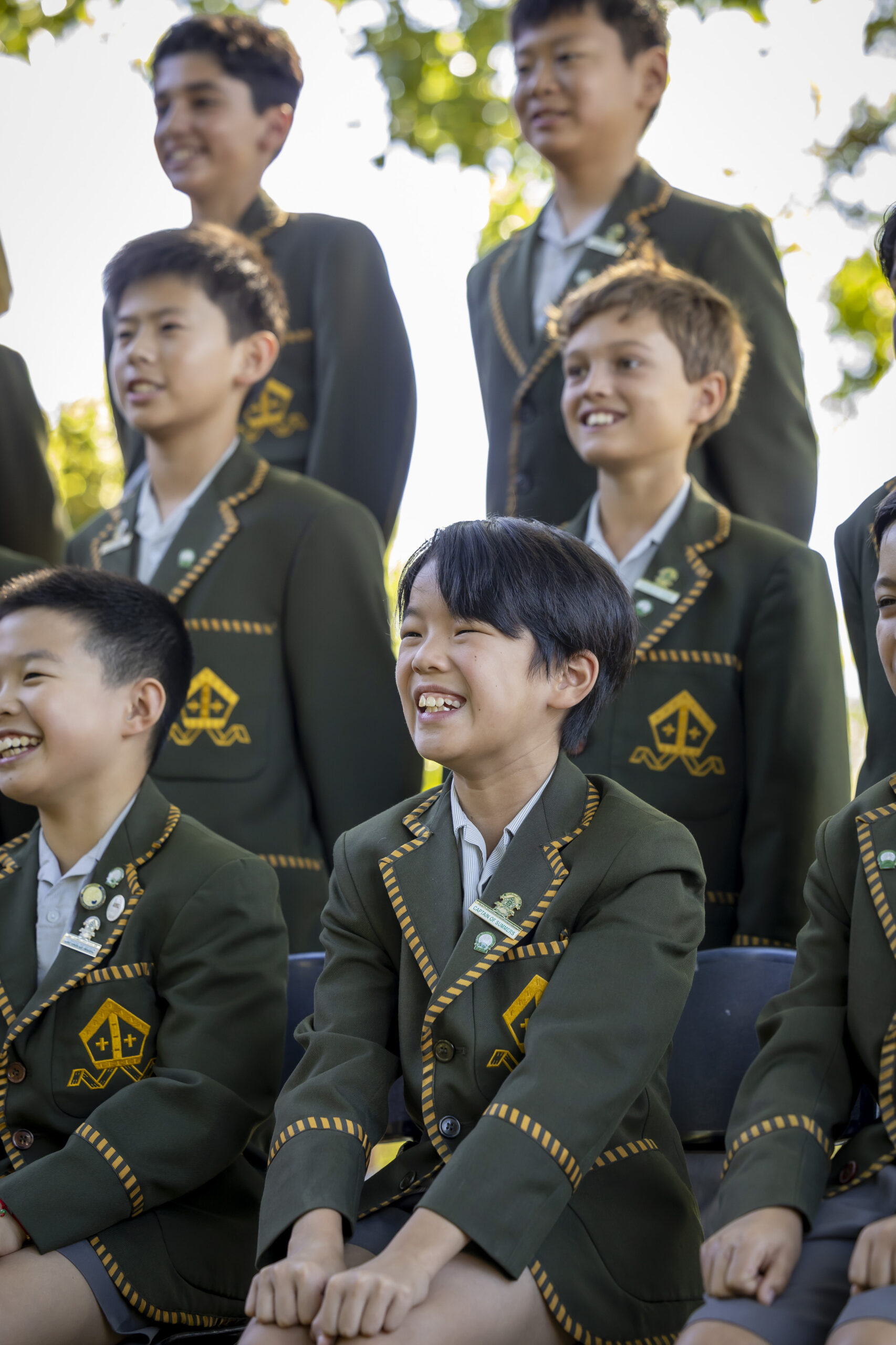
Year 6 students Boyan, Colin, Harrison and Toby joined the Community Service Ambassador group, and together decided to serve their school community by meeting at the ELC gates each morning for one week, to greet and support their youngest community members with the transition from home into their school day.
What gave you the idea to initiate this program?
Mrs Wescott proposed the idea, and we eagerly embraced the opportunity. We saw it as a meaningful way to demonstrate leadership by serving our community and helping the youngest students and their families feel truly welcomed at our school. Helping the school community isn’t just for fun; it’s for service.
What was the process you had to go through to start the program?
To start the program, we first coordinated with the Early Learning Centre to identify suitable days and times that worked for both their schedule and ours. This involved careful planning to ensure minimal disruption and maximum engagement. We then started communication with the ELC teachers to understand their expectations, and to collaboratively design an initiative that would be good for their students.
What does the initiative involve?
In the morning at 8:45am, two of us would welcome families and students at the front gate, two of us at the back gate. We would welcome families in two languages, English and Mandarin, to ensure all students and families felt welcomed. We went every day for a week to get to know the children and build connections with them all.
How has the program been going?
Our aim was to make the ELC students feel more comfortable and confident in coming to school. After repeating this over several days we found that the students started to get to know us and felt more confident in talking with others.
Why is this program important to you?
It has been important to us as we have improved in our own leadership skills of communication by learning how to greet people. On the first day I was quite nervous, however over the days I got to know some of the younger students in our school, who I will now know for years to come. I hope they will remember us. Any chance to help the school, is a chance any Trinity student will take.

